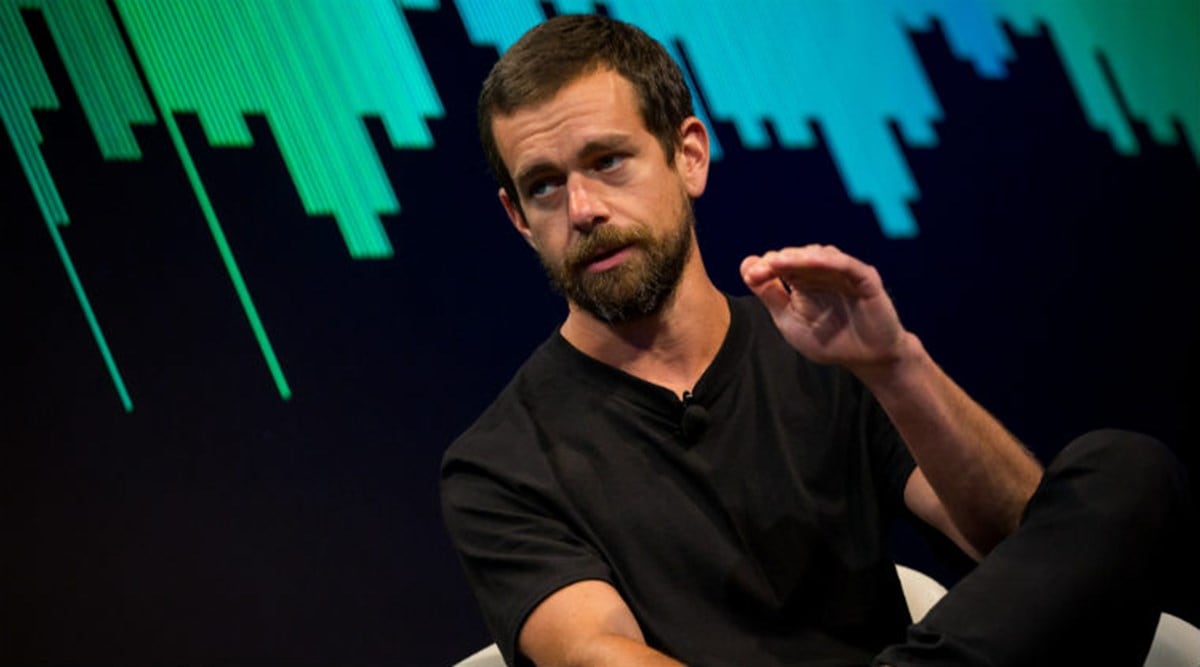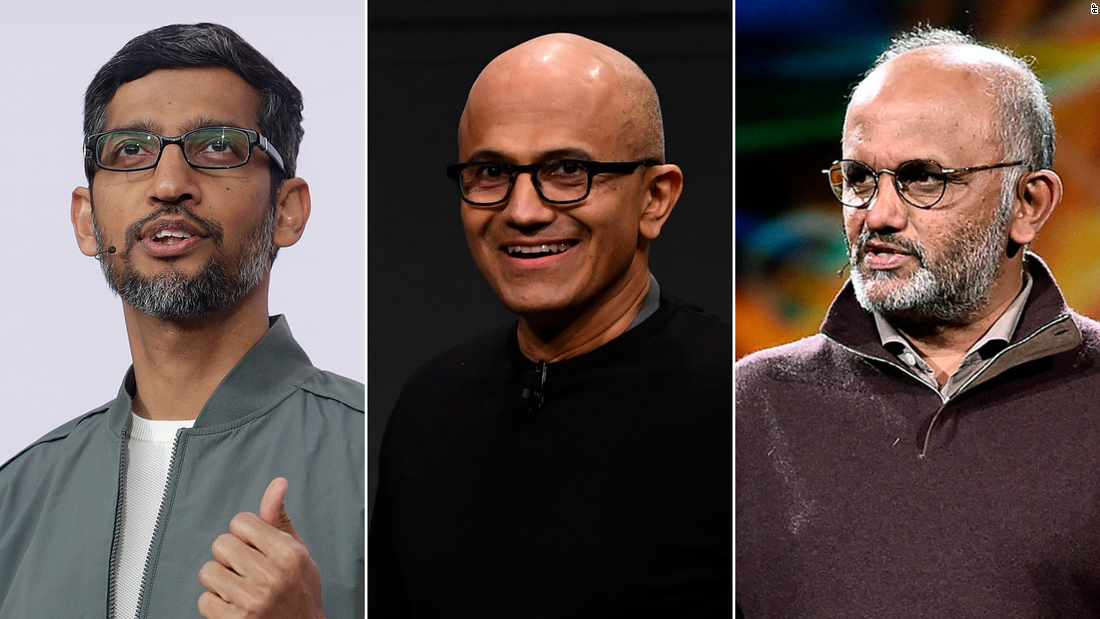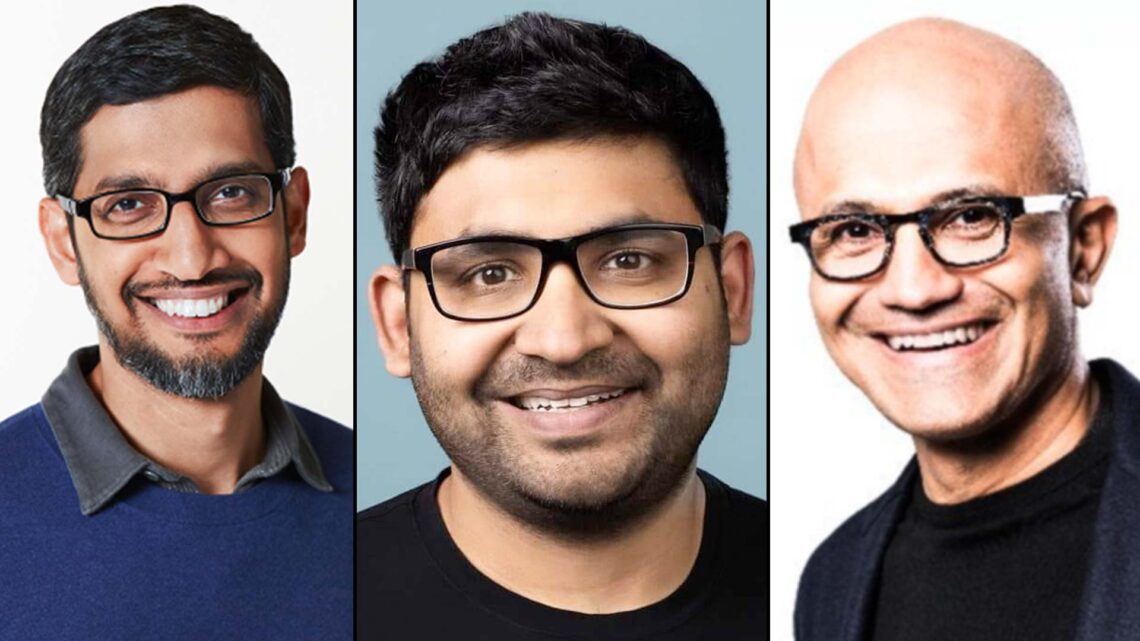After the co-founder of Twitter Jack Dorsey stepped down from the post of CEO, Parag Agarwal was made the new CEO of Twitter. He has joined the long list of Indian-born CEOs in influential Silicon Valley companies. Some other Indian-born CEOs in Silicon Valley include Microsoft’s CEO Satya Nadella, Alphabet’s CEO Sundar Pichai. Also, the bosses of IBM, Adobe, Palo Alto Networks, VMWare, and Vimeo are all of Indian origin.
Indian origin people account for around 1% of the US population. The 6% of the workforce in Silicon Valley are of Indian descent. “No other nation in the world ‘trains’ so many citizens in such a gladiatorial manner as India does,” says R Gopalakrishnan, former executive director of Tata Sons and co-author of The Made in India Manager.

There is a big competitive environment in India owing to the huge population and diversity that prepares the citizens to be more adaptable and competent problem solvers. It is common parlance to prioritize professionalism over personal issues that are a fit for the American office culture. These qualities make them ideal global citizens and top competent leaders.
These Indian-origin CEOs are a part of the 4 million-strong minority group in the US. This minority group is highly educated and wealthy. Nearly a million of these Indian-origin people are scientists and engineers. 70% of H-1B visas, which are work permits for foreigners in the US, are issued for Indians. Seattle’s 40% of the foreign-born CEOs are engineers.
The increase of Indian-born CEOs is a result of a change in the US’s immigration policy. Since the change in 1960, Indian scientists, researchers, engineers have gone to the US for work in big firms. No other country contributes such a high workforce as India does in the US. These CEOs belong from different backgrounds. Some of them belong to rich families who study and work in the US. While others come from a humble background who came to the US with some limited funds for higher studies and then continued working in the country.
Indians fit in the market need categories of US that include scientists, engineers, and researchers. Most of the precious CEOs of the big companies were the founders of the co-founders of the firm, who were alleged to be rude and arrogant. But, the Indian-born CEOs are the ones who joined the companies as basic employees and then climbed up the ladder to success. This makes them more grounded and humble.
Some Indian CEOs Satya Nadella and Sundar Pichai are known to be ‘gentle’. They have had their journey full of struggle, and they come from diverse backgrounds in India. So, as a person, it is easy to deal with issues like conflicts with foreign governments and congressional hearings that have surrounded the big firms.

India’s diverse society, with so many customs and languages, “gives them [Indian-born managers] the ability to navigate complex situations, particularly when it comes to scaling organizations,” says Indian-American billionaire businessman and venture capitalist Vinod Khosla, who co-founded Sun Microsystems.
The education system in India lays more emphasis on science and maths and this produces scientific, and software engineering field graduates with accurate skills.
But, after 9/11 the new visa restrictions have made it slightly difficult to go to the US for work. Additionally, the Indian government is creating the right environment to support new startups. This is creating a shift where young skilled forces are preferring to start their start-up rather than move abroad.
Despite everything, it is important to note that the Indian-born CEOs have created a good reputation for Indian talent around the globe. At the same time, it is easy for them to communicate and connect. Still, the representation of the women workforce is very less and needs to increase soon.












